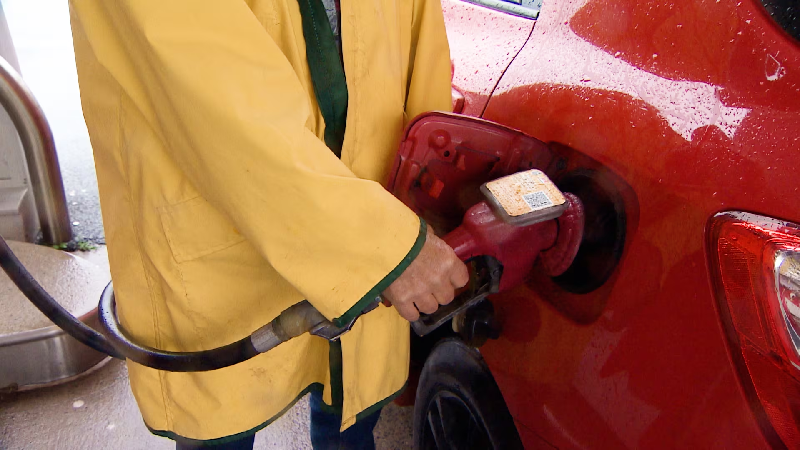Nova Scotians are reminded that they will pay more for gas, diesel and home heating fuels starting Saturday, July 1, because of a new federal tax. The Province has been asking the Government of Canada to delay the start of this new tax while Nova Scotians face high inflation.
With the federal tax, the price of gas and diesel will go up by about 14 to 17 cents a litre. The cost of home heating oil, propane and other fossil fuels will also increase.
“Nova Scotians are concerned about this new federal tax and how it will increase the cost of everything – food, clothing, over-the-counter medicine, building our homes and more,” said Premier Tim Houston. “We have the same goal as the federal government – to reduce our carbon emissions – but Nova Scotia’s plan doesn’t require taxing people. We are asking the federal government once again to work with us and not raise the price of everything for Nova Scotians.”
Nova Scotia’s plan to reduce greenhouse gas emissions includes:
- moving to clean, renewable energy such as wind, solar, geothermal, green hydrogen
- making homes and buildings energy efficient, which will also reduce people’s energy bills
- helping people move away from oil furnaces to heat pumps
- helping people and communities move to electric vehicles
- holding the electricity sector and large industry – which produce about 50 per cent of Nova Scotia’s carbon emissions – more accountable for reducing their emissions through the new
- Output-Based Pricing System
- closing coal-fired electricity plants by 2030
- protecting more land and water; this helps reduce emissions because natural areas capture and store carbon.
Nova Scotia’s plan to meet new federal requirements to reduce carbon emissions is called Our Climate, Our Future: Nova Scotia’s Climate Change Plan for Clean Growth. This plan has 68 actions which will create new, good-paying jobs, reduce people’s energy bills, transform how the province produces and uses energy, help achieve net-zero emissions by 2050 and more, without needing new taxes.
The federal government is also implementing a second new tax that will be applied by the Nova Scotia Utility and Review Board on July 7. The fuel producer carbon tax will require fuel producers and suppliers in Nova Scotia to make gas and diesel fuels cleaner by reducing their carbon content and is expected to further increase fuel costs.

